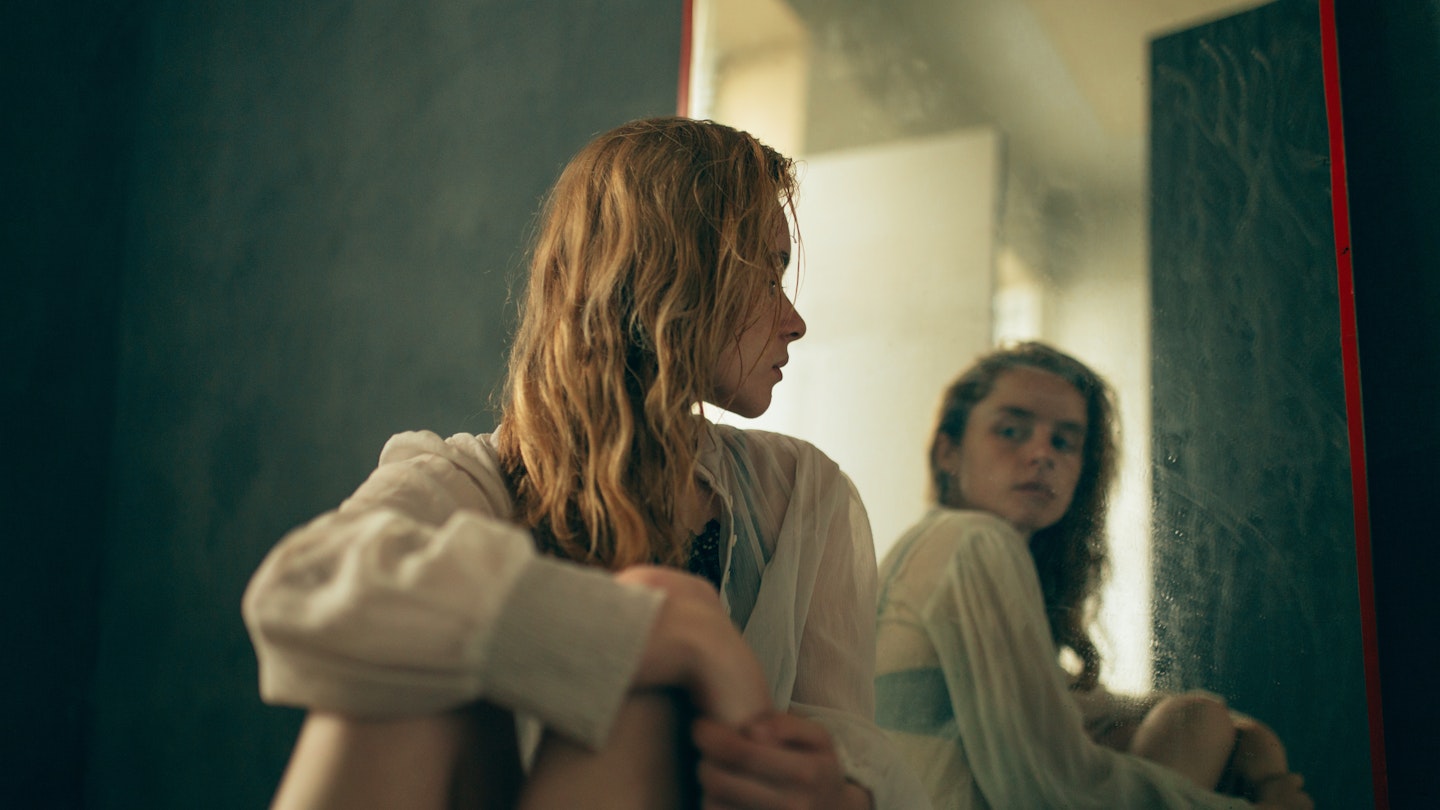For people who live with obsessive-compulsive disorder (OCD), the COVID-19 crisis can be a ‘triggering time’, says Eliza, 23, who has the condition. ‘For somebody that has germ OCD and the fear of catching diseases, it can be really hard. Especially as we are being told that we need to wash our hands all the time by the government.'
‘A lot of people are going to have intrusive thoughts, like they're going to die or that they have COVID-19 when they don't,’ Eliza adds. ‘This is happening to me quite a bit: for example, I’ll sneeze and then I'll panic. Another one of my compulsions is checking my temperature.’ Eliza explains that many of her friends who have OCD are ‘too afraid’ to go to the supermarket because they are worried that they will catch the virus. 'It feels like people with OCD have been forgotten about at the moment.’
While germ and disease phobias are more common with people who have OCD, Rose Cartwright - author of Pure and a person with OCD herself - explains that the majority of people with OCD obsess over other themes. ‘There is this widespread understanding that OCD is by definition about cleanliness or about germ phobia or about order or fear of disease,’ she says. ‘But that is not the majority of people with OCD. People with OCD can fixate on other obsessive themes about identity or the capacity for violence or whether or not they love their spouse or sex or random existential worries.’
‘I get intrusive sexual thoughts, images of people naked and images of doing sexual things to people,’ Rose explains. ‘I get intrusive violent and unpleasant language in my head, almost like a mental Tourette's. These are things that most people might have experienced to some extent, but because I have OCD, I can't resist the temptation to compulsively try and figure out what they mean. I get myself into these knots which are exacerbated by stress,’ she says, explaining that the stress of COVID-19 has ‘impacted’ her symptoms and that her ‘images were spinning at a thousand miles an hour’ during a recent supermarket trip.
Eliza explains that many within the OCD online community have expressed their fears that they have either made up the pandemic or that they are somehow responsible for it. ‘I've noticed on a few forums that people are saying that they've thought about a pandemic a few months ago and because it’s happened, they are wondering whether they caused it.’
‘People really panic because that is what the brain will naturally latch onto - an irrational fear that they will then catastrophise.’ Many people in the community, Eliza explains, are concerned about becoming ‘superspreaders’. ‘I carry a lot of guilt when it comes to illness – even though it’s irrational I feel guilty if I catch something and pass it on. I will think it’s my fault.’
The fact that most people in the UK are now cooped up indoors also affects people living with OCD. ‘I like going out to the cinema to distract my mind and going on stress relieving hikes,’ Eliza explains. ‘It is really hard to distract yourself from these thoughts because they're always there and you're just sat there mulling over them all day. The world is scary right now, but it's been a lot scarier in my head than what's actually happening. We make up the worst scenarios ever and although everything that's happening is awful, I live in a scary world every day.'
Eliza, who has a YouTube channel chronicling her experience of OCD, hopes to educate people about the condition. ‘OCD is very misunderstood in the media,’ she explains. ‘It's always about cleanliness, like with Monica from Friends. The media never talks about intrusive thoughts which is totally what OCD is.’
‘The main barrier that we still face with OCD is that misconception,’ Rose adds. ‘At the moment we have an opportunity to take that assumption and show that there is a lot more nuance and complexity to OCD than people realise. I think the more we can get the message out, the more people will understand what it's about.’
READ MORE: [ Things You Only Know If You Have OCD](http://Things You Only Know If You Have OCD)
Life: Coronavirus 2020
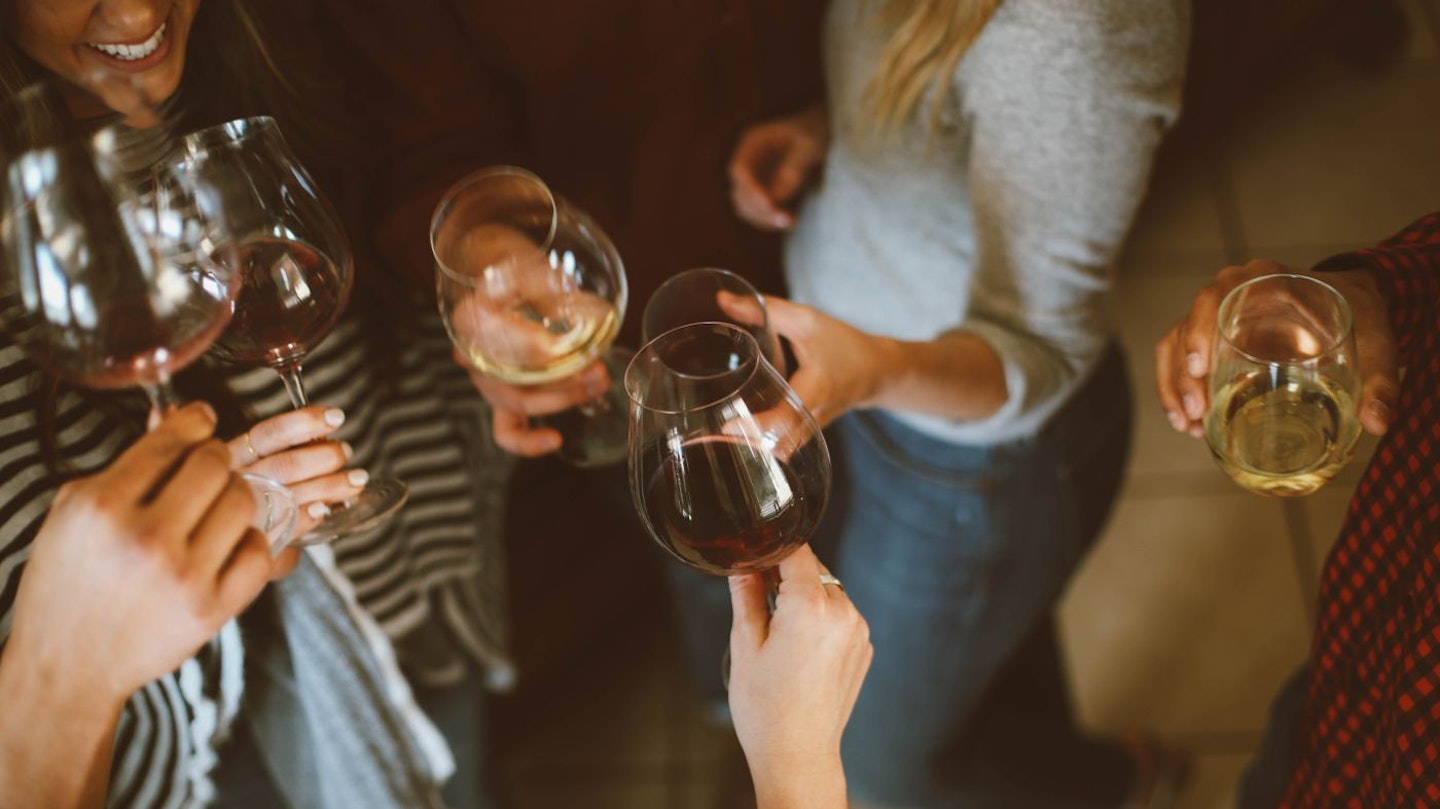 1 of 14
1 of 14Coronavirus: I’m Young And Healthy – Is It Ok To Go Out And See Friends?
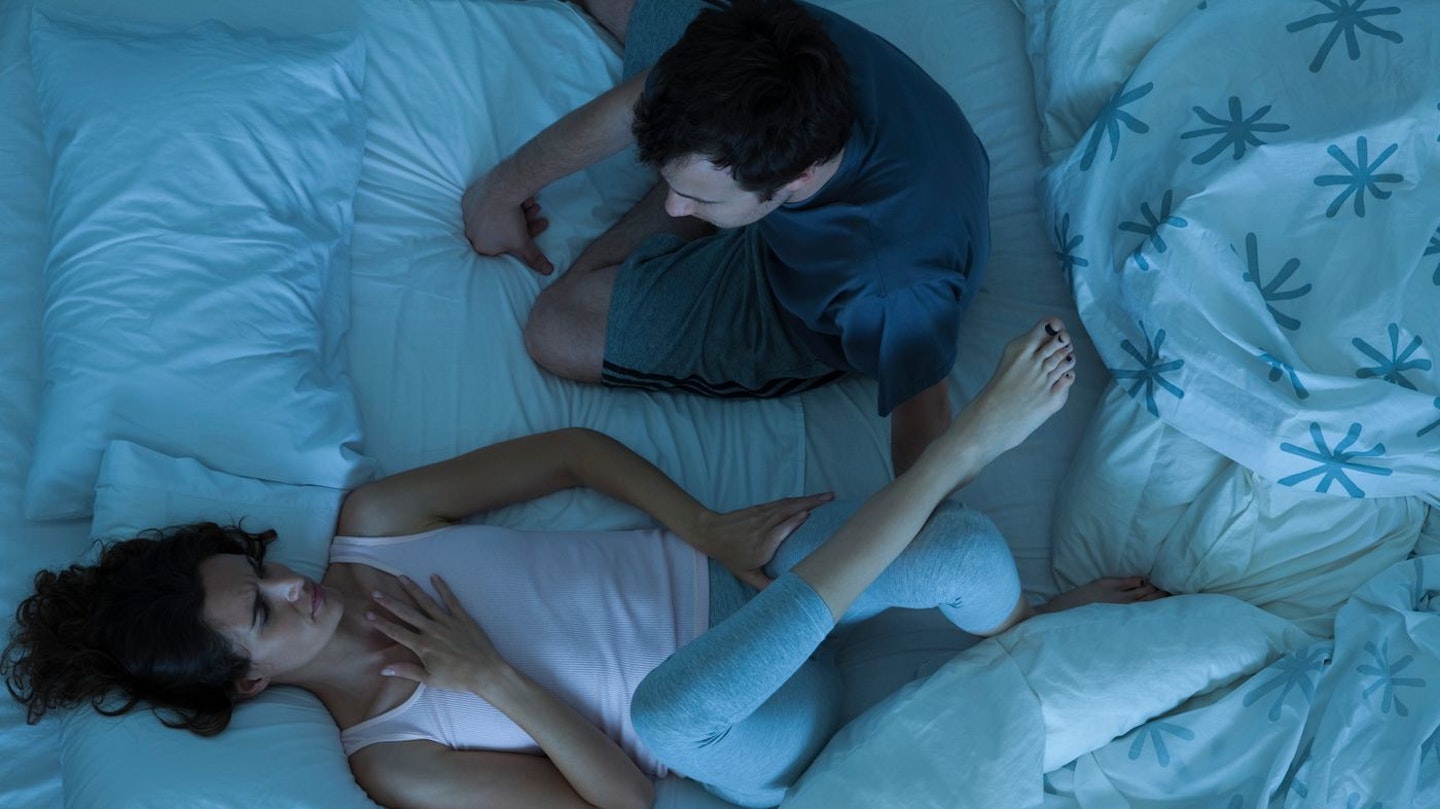 2 of 14
2 of 14I've Been With My Boyfriend For Four Months – Should I Go Into Quarantine With Him?
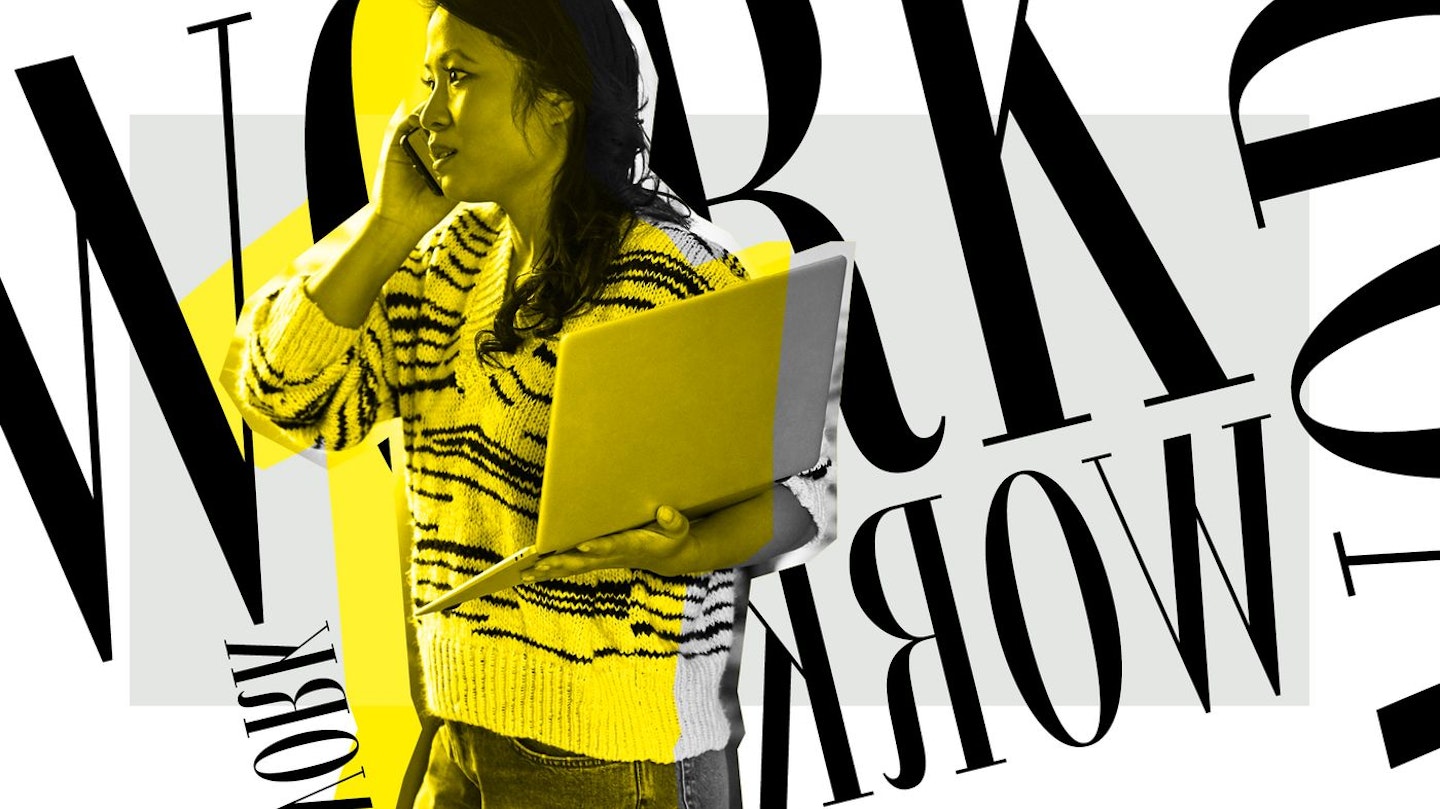 3 of 14
3 of 14Working From Home And MissIng Your Colleagues And Your Routine?
 4 of 14
4 of 14From EastEnders To The Friends Reunion: Here's How Coronavirus Is Affecting Our TV Schedules
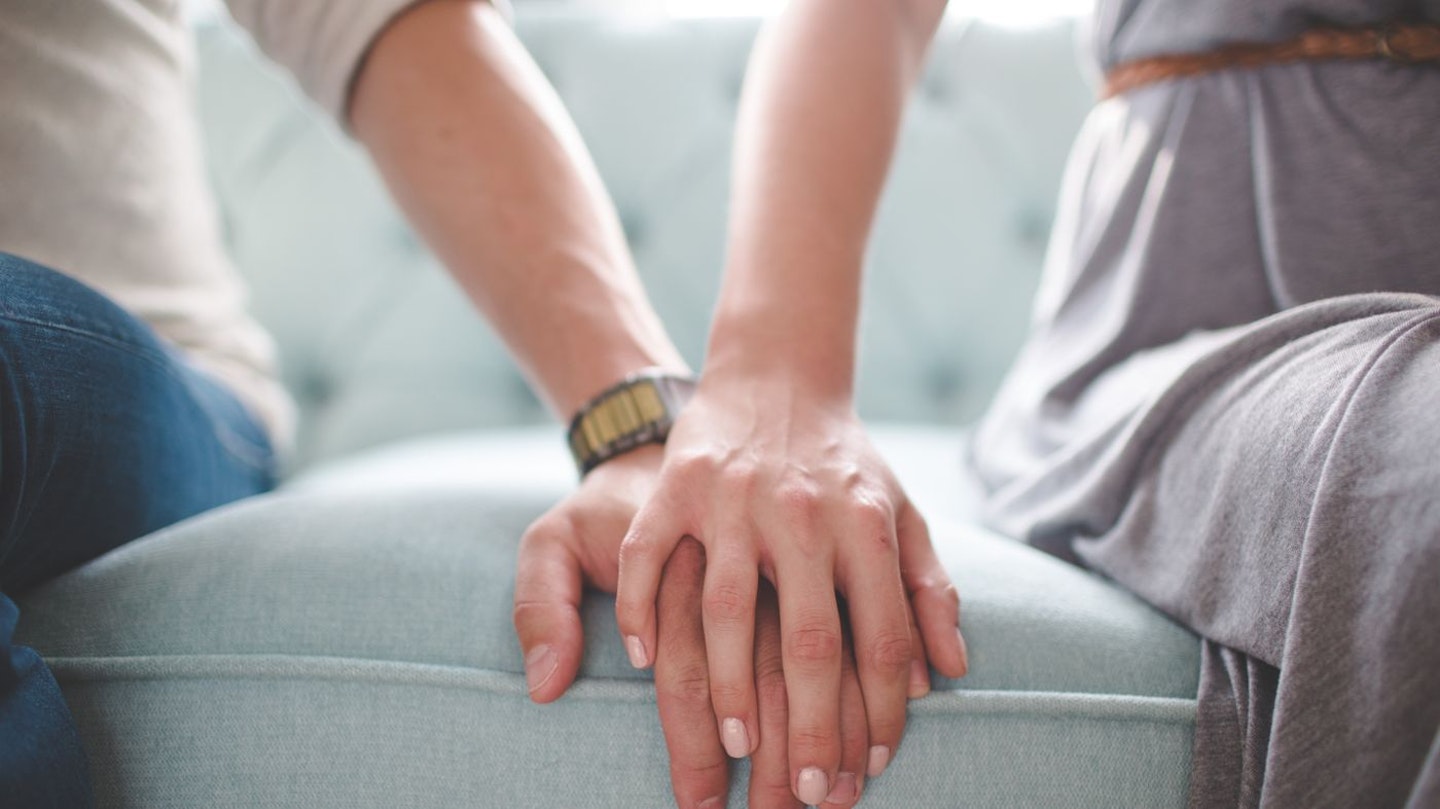 5 of 14
5 of 14Coronavirus: How To Survive Being Cooped Up As A Couple
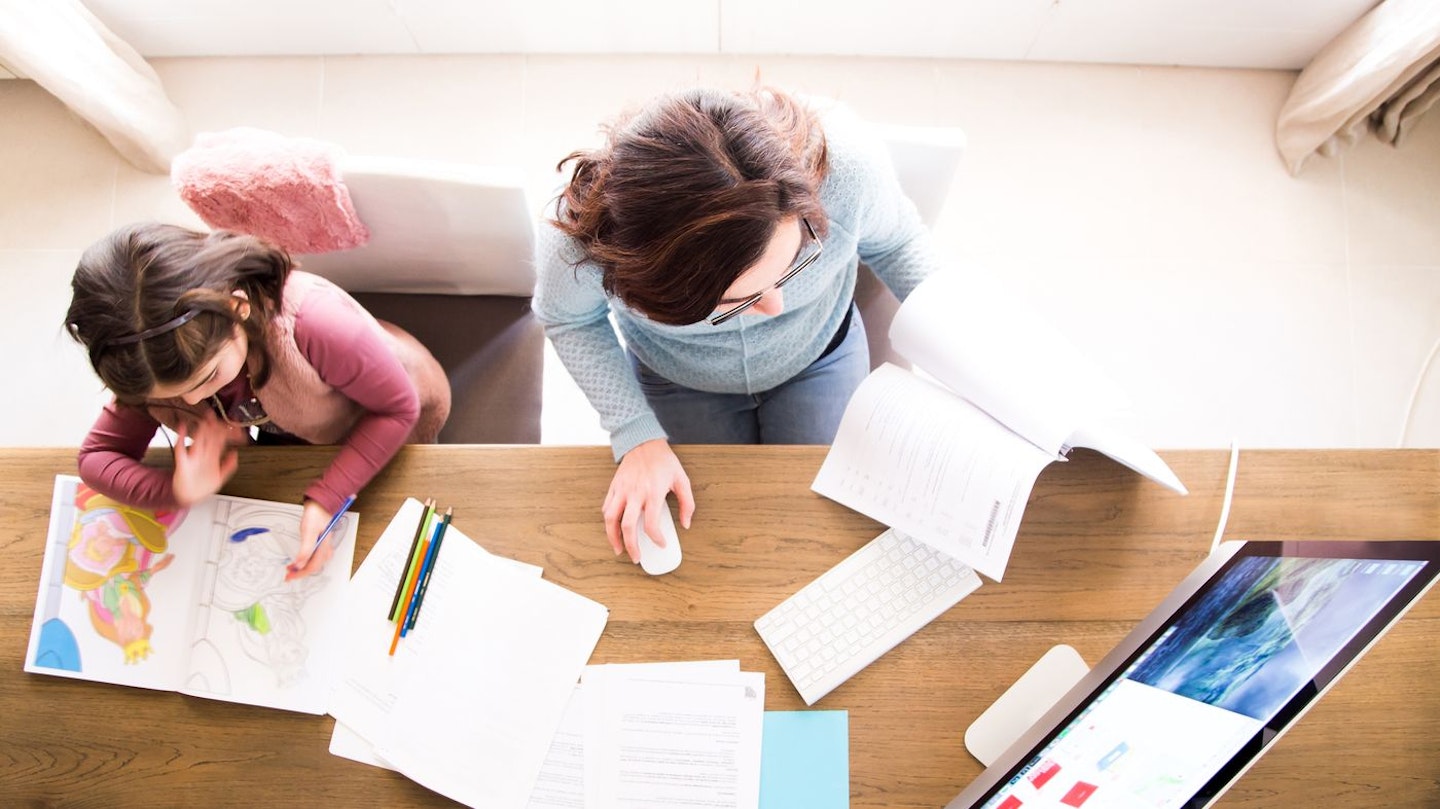 6 of 14
6 of 14Coronavirus And Parenting: The Importance Of Structure, Honesty And More TV Than Usual
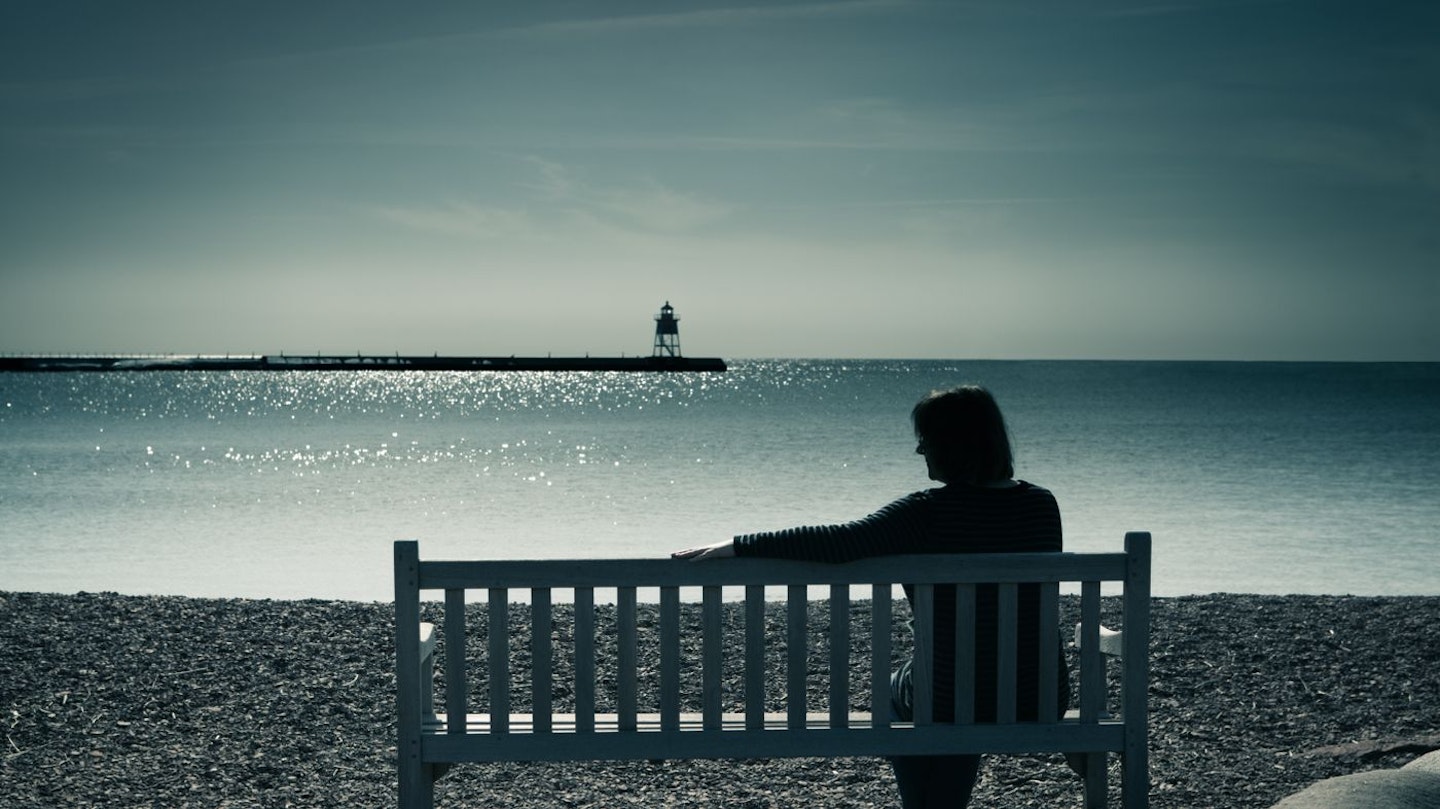 7 of 14
7 of 14How Coronavirus Is Changing My Relationship With My Mum, And My Daughter
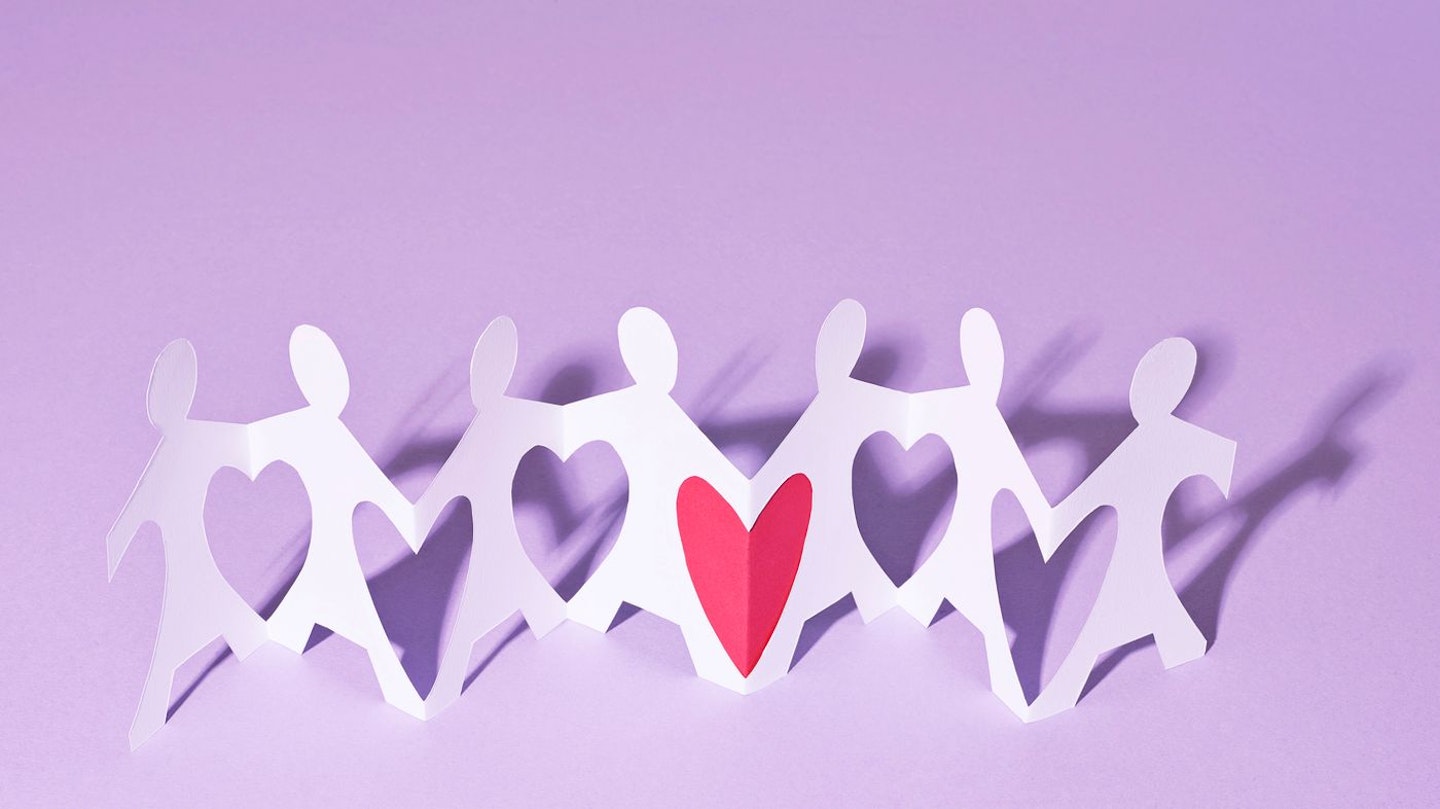 8 of 14
8 of 14Coronavirus: How To Help The Most Vulnerable Women In Society
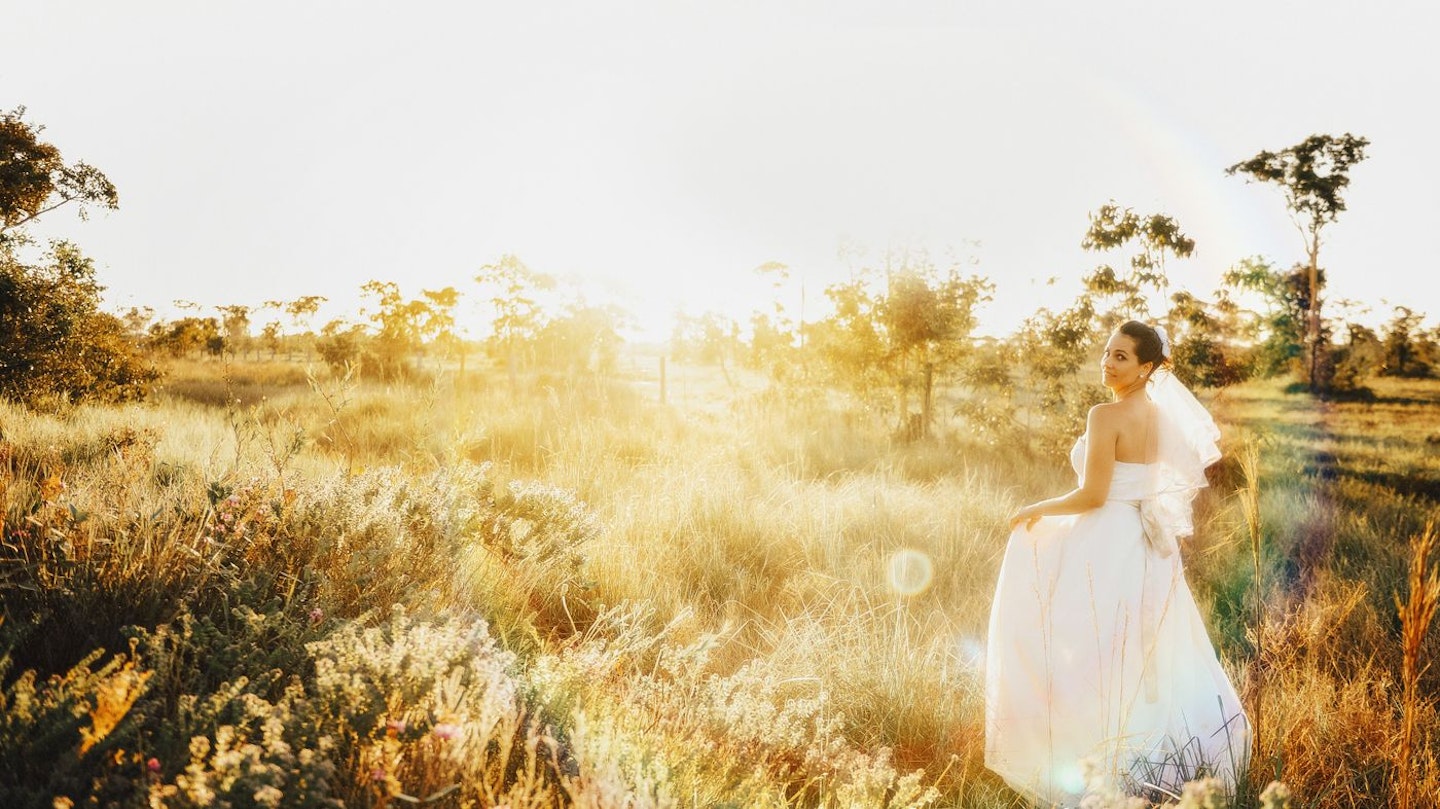 9 of 14
9 of 14Coronavirus: The Reality of Cancelling A Dream Italian Wedding
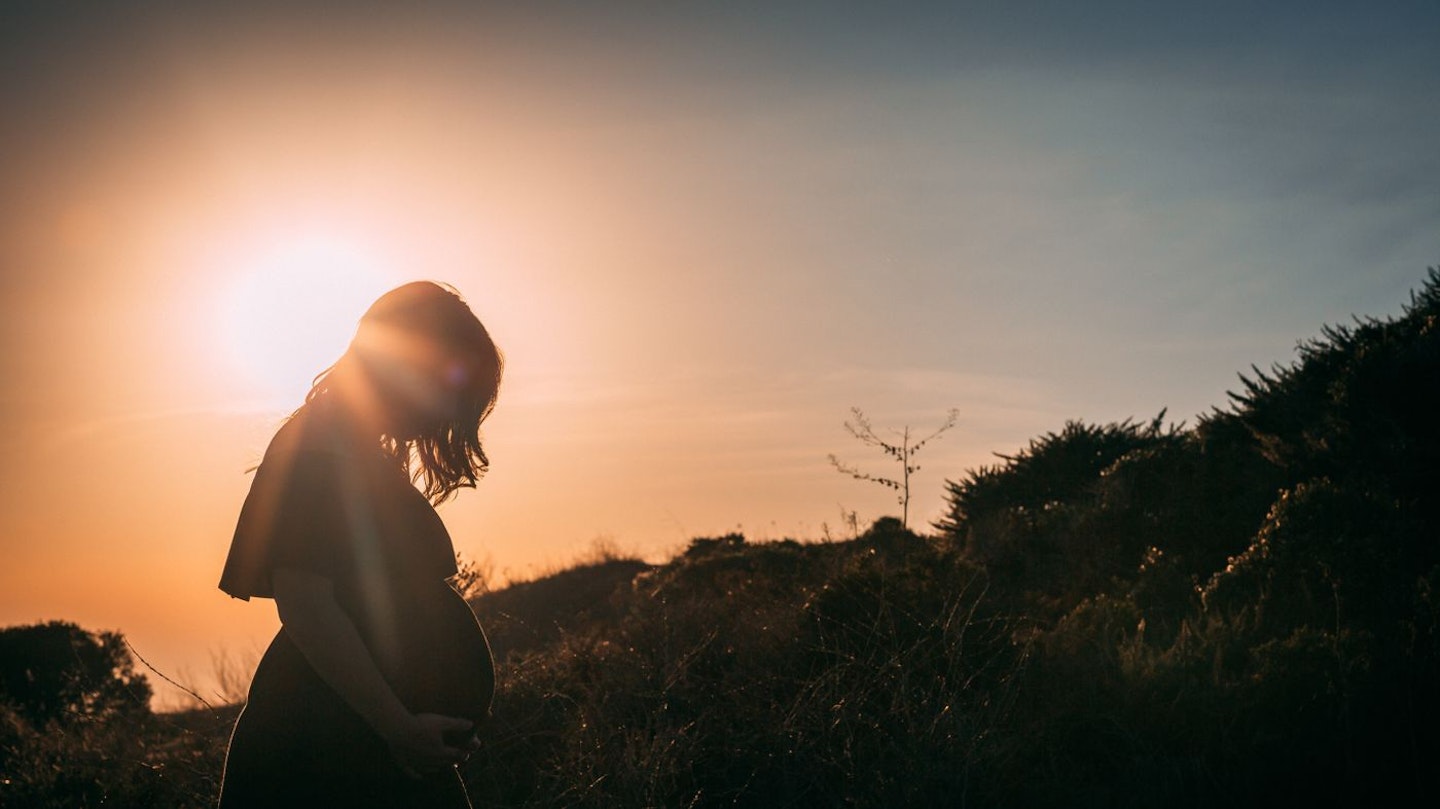 10 of 14
10 of 14‘I Just Have To Hope The Baby's Doing OK’: How It Feels To Be Pregnant Or Trying To Conceive During Coronavirus
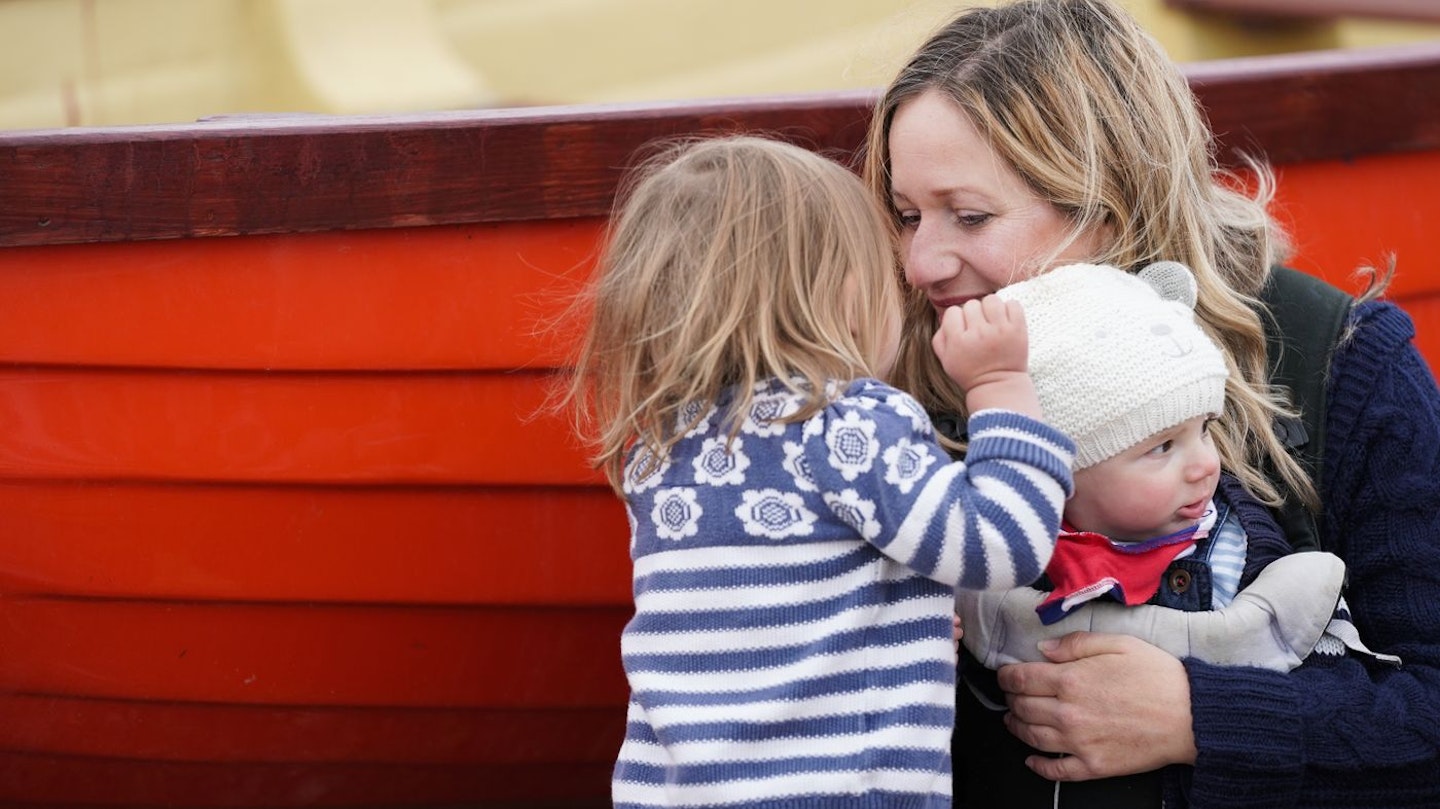 11 of 14
11 of 14Coronavirus: As A Solo Parent During A Pandemic, My Back-Up Plans Have Been Shaken
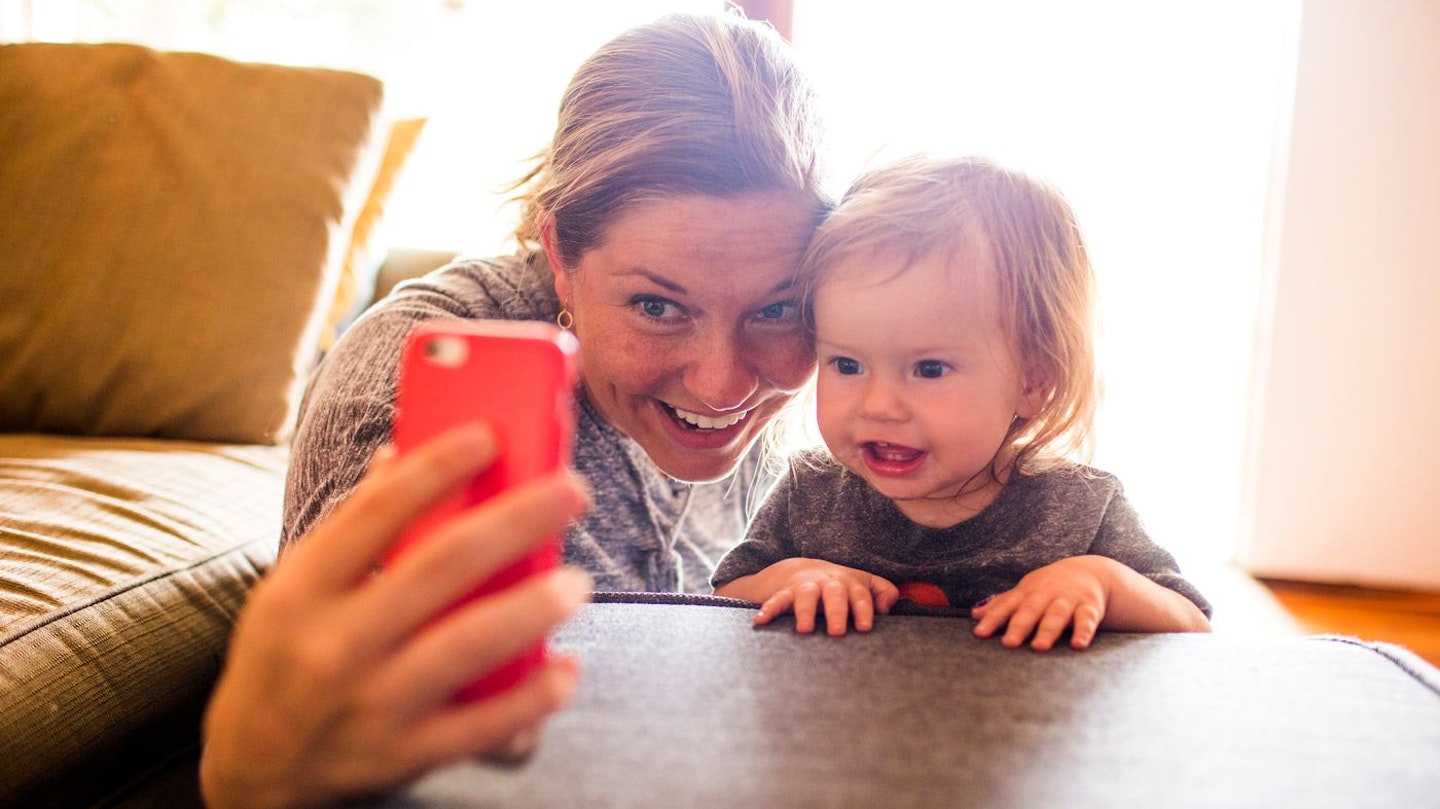 12 of 14
12 of 14Coronavirus: How Can We Celebrate Mother’s Day While Being Socially Responsible?
 13 of 14
13 of 14Coronavirus In Italy: What It's Like Living In Lockdown
 14 of 14
14 of 14